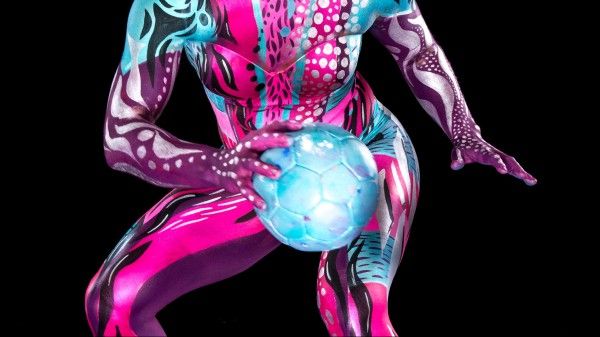As is traditional in the winter months, Danish armchair sports fans will mostly be watching handball on their favourite channels DR and TV2.
First the women will host the world’s best at the World Women’s Handball Championship, which is being co-hosted by four cities in Jutland and starts on Saturday December 5.
And then next month, from January 15-31, the men’s team will be travelling to Poland to take part in the European Men’s Handball Championship.
Quite a pedigree
The Danes tend to do quite well – indeed, they even claim they invented the TV-friendly sport. A Copenhagen-based PE teacher, Holger Nielsen, was the first to pen a set of rules back in 1906.
So if there’s one sport in Denmark worth acquainting yourself with – even if it is only to fit in with the odd conversation around the watercooler – this is it.
Understanding handball is like understanding Denmark.
Fast, exciting and rough
Some say watching a game of handball is like watching football, basketball and water polo all at once.
It is a dynamic sport that combines breathtaking athleticism with surprising brutality and requires strength, stamina and great teamwork. It is believed to be the second fastest team sport after ice hockey, with fast breaks and frequent
scoring.
The game is divided into two 30-minute periods, during which the players have to score as many goals as possible.
And very often, games go right down to the wire, particularly when Denmark is involved. It can get extremely exciting roaring on the red and whites.
Dames in decline!
Denmark’s women team is the only team in handball history to win the Olympic Games three consecutive times (1996, 2000, 2004), but has seen a steady decline in the past 10 years.
However, with home advantage they (Bet 365: 11|4)are expected to challenge the defending champions Brazil (12s) and European powerhouses Norway (5|2) and Montenegro (8s) for this year’s title.
Go Denmark!













